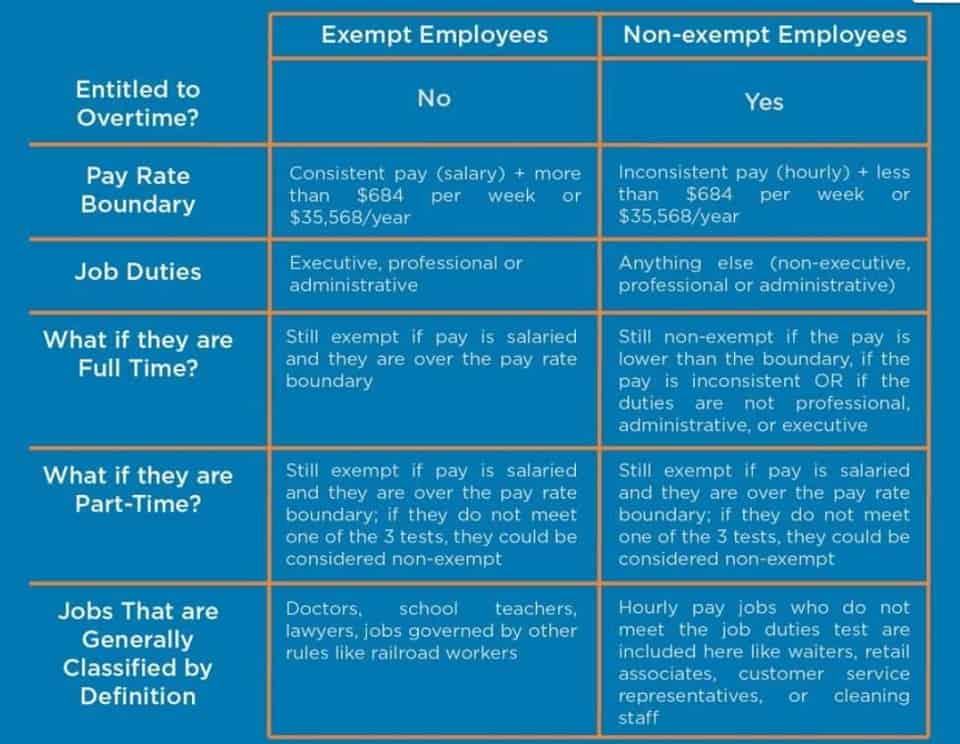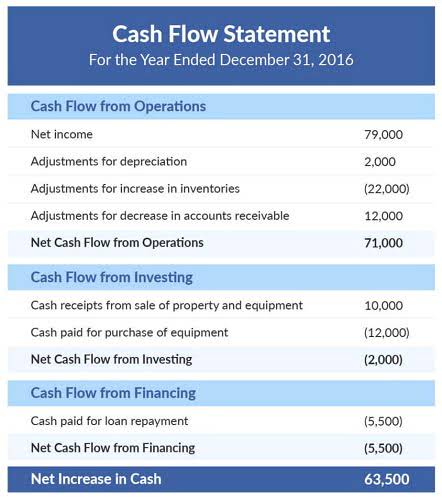
It is often their responsibility to ensure that your bills get paid, accounts are billed, and payments are adjusting entries received on time. They then track these expenses and income, providing you with more accurate budgets and insight as to how financially healthy your winery is at all times. Using a bookkeeper instead of handling your finances yourself will reduce your operating costs in several ways.

What is wine accounting and why is it crucial for wineries?

Another method is Last-In, First-Out (LIFO), which assumes that the most recently produced items are sold first. While less common in the wine industry due to its winery bookkeeping potential to undervalue older, high-quality inventory, LIFO can be advantageous in a high-inflation environment. By matching recent, higher costs against current revenues, LIFO can reduce taxable income, offering a tax deferral advantage. However, it’s worth noting that LIFO is not permitted under International Financial Reporting Standards (IFRS), limiting its applicability for wineries operating globally. Ultimately, the role of a winery bookkeeper is to provide financial clarity and support, allowing you to focus on the core aspects of running your winery. From ensuring accurate financial records to offering insights on potential expansions, a bookkeeper is a vital asset in the successful operation of a winery.

State of Winery Health Report
We specialize in serving wineries, allowing us to bring a wealth of industry-specific knowledge and expertise to the table. If you are in the wine industry and have questions about accounting or bookkeeping, Protea Financial is here to help. We understand the unique needs of the wine industry and can provide expert guidance on all financial matters. Whether you need assistance setting up your books or preparing for tax season, we can help you navigate the complexities of the wine business. Contact Protea Financial today to learn more about our services and how we can help you run your business more efficiently. Inventory valuation is a pivotal aspect of accounting for vineyards and wineries, given the extended production cycles and the aging process of wine.
Best practices for accurate bookkeeping
- A professional bookkeeper can catch many of these mistakes and correct them before it is too late.
- Our team of industry veterans dives deep into your financial data, analyzing key performance indicators such as farming cost per acre and inventory turnover.
- We offer practical advice on managing your winery’s finances with confidence and making informed decisions that support growth.
- Our team can confidently answer your questions and guide you through the process easily, and we are here to help wherever we can.
- They support the CSM, handle the wine costing calculations, completethe month-end close process, and manage your accounting system.
- To fully understand where these savings come from, you must look beyond the cost of using a bookkeeping service.
Positive cash flow from operations indicates that the winery can cover its operating expenses and Bookstime invest in growth opportunities. Another important metric is the operating expense ratio, which compares operating expenses to total revenue. This ratio helps wineries identify areas where they might be overspending and where cost-saving measures could be implemented. By keeping this ratio in check, wineries can ensure that their operational costs do not erode their profits. Knowing about strategies such as accrual accounting and smart production account management helps you make confident financial decisions, fueling your winery’s success. Operating a winery is a multifaceted endeavor requiring a deep understanding of viticulture and oenology.
- Over time, they reveal hidden insights that lead to smarter business decisions.
- For instance, sales recorded directly in QBO can be recorded as adjustments at the end of the month to true up your physical count.
- One of the most telling indicators is the gross profit margin, which measures the difference between revenue and the cost of goods sold.
- With all the love and effort you put in, wanting to make a profit goes without saying.
- It also has extraction abilities, so it can pull information from invoices and receipts and put it directly into QuickBooks Online.
- In this article, we define a limited set of financial KPIs related to all wineries, but it’s certainly not an exhaustive list.
Get all your winery accounting needs met in one place.
This approach suits personal use or small-scale commercial operations. Wineries typically take three to five years to start producing wine, with profitability often taking longer. Factors influencing profitability include initial investment, operation scale, and market conditions. Budgeting for ongoing expenses without immediate returns is critical during the maturation period. Where a traditional bookkeeper would have to take time to look up regulations or requirements, a winery accountant knows these things from experience.

